Virtually explore the National Museum of Anthropology with Smarthistory as your guide
Some background
videos + essays
We're adding new content all the time!
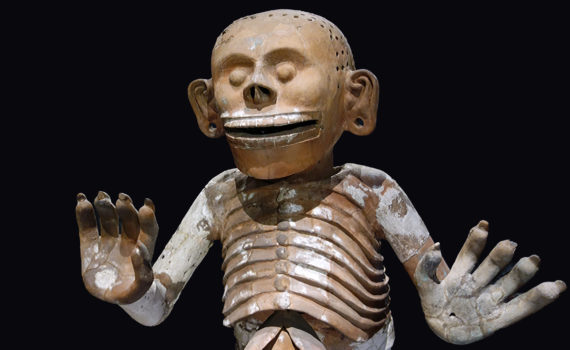
The House of the Eagles, and sculptures of Mictlantecuhtli and Eagle Warrior
Life-size terracotta sculptures of the god of the underworld and eagle warriors were found in the House of the Eagles in the sacred precinct of the Aztec (Mexica) capital of Tenochtitlan
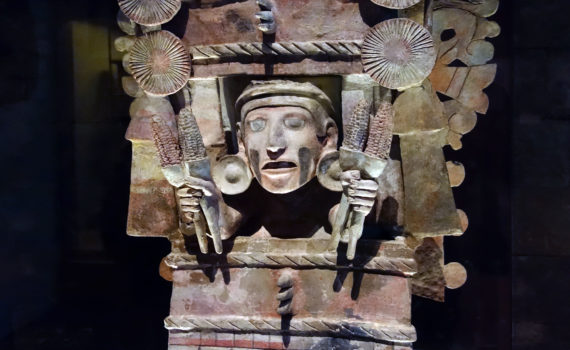
Brazier of Chicomecoatl
An elaborate Aztec brazier of Chicomecoatl was used to burn offerings to the gods
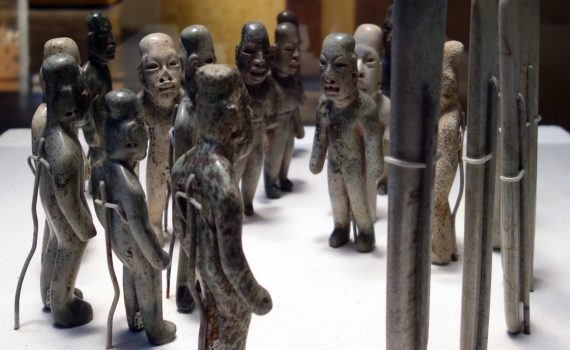
Offering #4, La Venta
These seventeen baby-faced figures may have represented a priestly ritual, a sacrifice, or a procession.
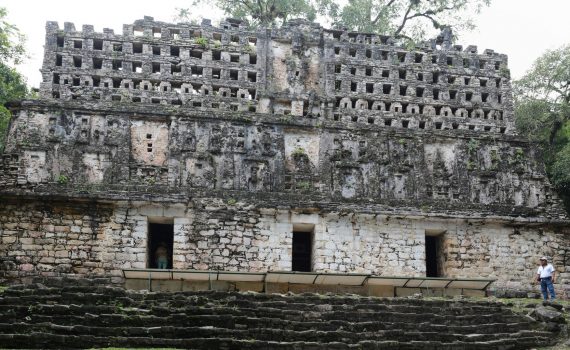
Yaxchilán—Lintels 24 and 25 from Structure 23 and structures 33 and 40
Over a hundred lintel relief sculptures depicting scenes from royal life survive from Yaxchilán.
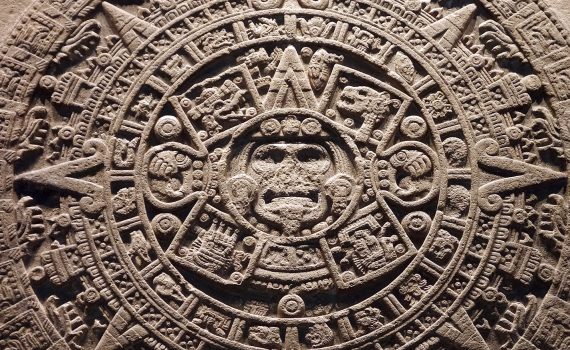
The Sun Stone (or The Calendar Stone) (Aztec)
So ubiquitous that it has been used on currency, this unfinished stone records Aztec history and a future prophecy.
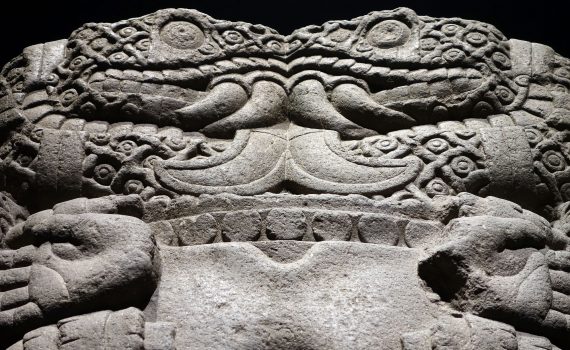
Coatlicue
This goddess has clawed feet, and wears a necklace of body parts and the snake-skirt from which she takes her name.
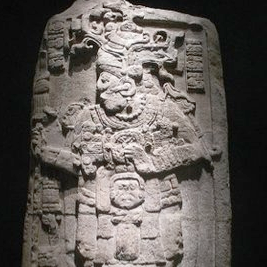
Classic Maya portrait stelae
Large stone sculptures was the principal medium for presenting Maya political and religious messages to the public.
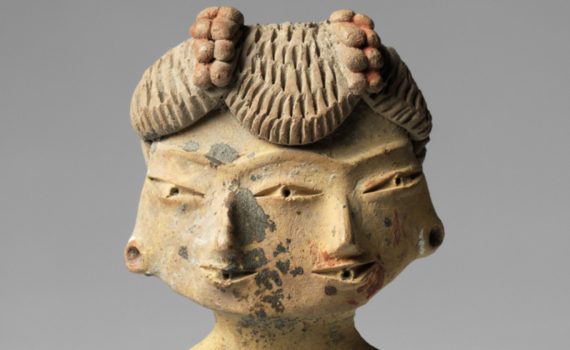
Tlatilco Figurines
Playful figurines, including plump pigs and canine companions, represent scenes of daily life and nature.

